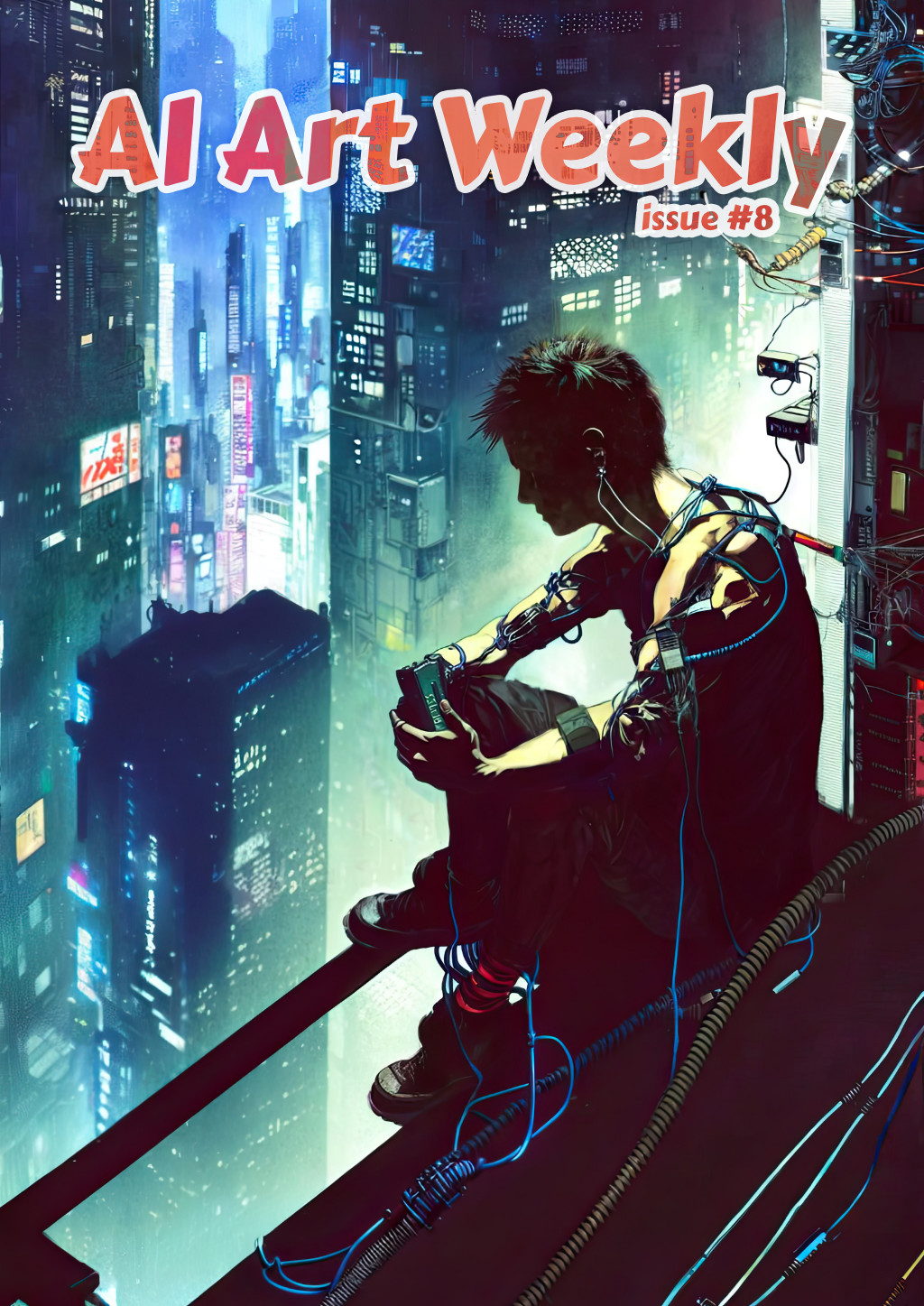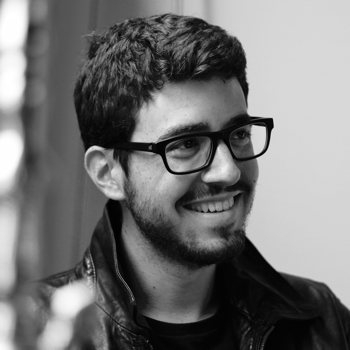If you’ve ever ordered something online the chance that you’ve been using a Shopify shop is pretty high. Today we get the pleasure to get a glimpse of and behind the desk of one of Shopify’s highly regarded engineers Simon Hørup Eskildsen aka Sirupsen.
Let’s take a look.
Who are you and what do you do for a living?
I’m Simon Hørup Eskildsen, and I work on the Infrastructure Team at Shopify. We make commerce simple, whether you want to sell in a retail location, on Pinterest, Facebook, Twitter or have your own online store. Specifically my job is to make sure our platform is fast, has strong uptime and continues to scale as we grow.
Can you tell me something about your desk setup?
My home setup is simple. The desk I bought second-hand. I just require my headphones, notebook and computer to get things done. Limiting desk dependencies limits excuses for not getting things done where you don’t have access to them: transport, remote location, visiting friends, …
Is there anything you would like to improve on this setup?
I’m perfectly happy. I’d like to experiment with a standing desk at some point.
Do you switch workspaces during your day? If yes, what’s the reason behind it?
When at the office, absolutely. Our office is built with alternative spaces in mind. Especially if I’m working on prototyping new ideas. Meetings can also drag me out of my chair to explore new corners of the office.
Can you tell us something about the items on your desk?
Having access to a physical notebook and a pen is key to me. Over the past years, I’ve become more attached to being able to explore ideas free of the computer. This leads to deep thinking about a problem and makes it easy to visualize. Stepping back, closing the laptop and staring at a blank piece of paper is a wonderful thing to do. It gives you such an advantage, because most people just don’t do that.
What are you doing to stay focused?
Reducing distractions to make room for the important is always on the top of my list. My inbox and state of apartment translates well into my state of mind, so I keep them under control at all times. Working out in the mornings and fasting until lunch keeps my body and mind in check. I used to have crazy systems to help me get things done, but nowadays I only focus on few things during a week as I enjoy depth much more than superficiality. Having amazing coworkers and liking my job as much as I do, really helps. If I don’t feel productive, I’ll usually just go home instead of forcing it. I err on the side of cutting myself more slack, as this is required to leave room for creativity which the tough problems I face in my work requires. Forcing it leads to burn-out. Self-studying outside of work helps exercise my brain, through reading books, writing, studying papers, and reading other people’s code.
Is there something on your desk which helps you stay focused? What is it?
No, and I actively minimize my dependencies. I reguarly don’t use the screen, so I don’t get addicted to the screen-estate, causing an excuse for not getting things done when traveling. I don’t drink coffee for similar reasons. I don’t ever want to have an excuse for not doing something productive.
What was your latest self improvement experiment?
I read and listen to a fair amount of books. In the past I’ve focused on volume, instead of recall. Reading “Make it Stick” and Seneca, made me realize that reading is worth nothing if not absorbed deeply and the thoughts invoked aren’t explored. When I read on my Kindle Voyage, I stop at the end of every chapter and think. Just for a couple of minutes. During the chapter, I highlight the critical sentence. When listening to Audiobooks on my phone I will take notes in Evernote during the entire book. Both of these techniques work brilliantly for recall. A couple of months after finishing the book, I’ll return to the notes and write a summary from them and the thinking the notes and book triggered for me. The spaced repetition helps storing the ideas in long-term memory.
Where do you see yourself and your desk in the next 5 years?
What I’m ultimately driven by is personal growth and taking projects over the finish line. My job has changed significantly in the past two years from writing less code, to spending more time thinking about architecture and leading projects. This is not a job I enjoy more or less than what I did two years ago, but it’s necessary for my personal growth which is required to stimulate me. In five years, I’ll be working on something that matters while maintaining my growth trajectory.






